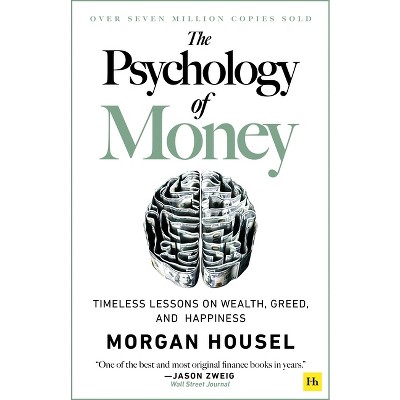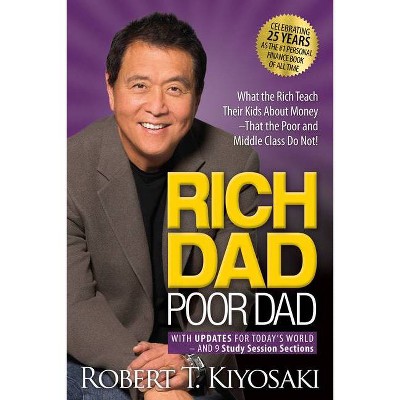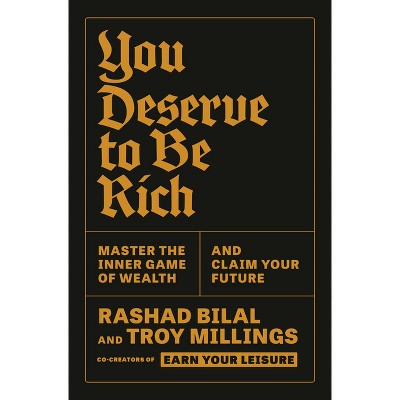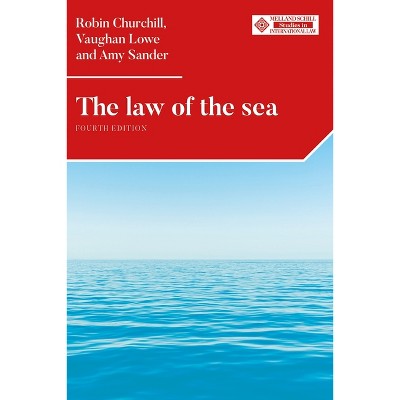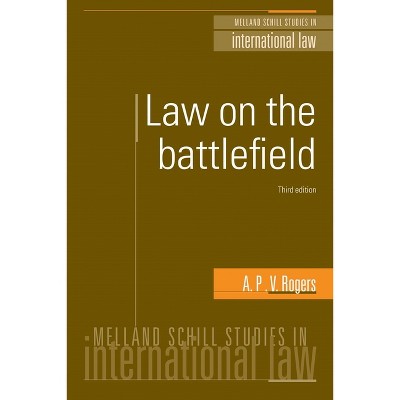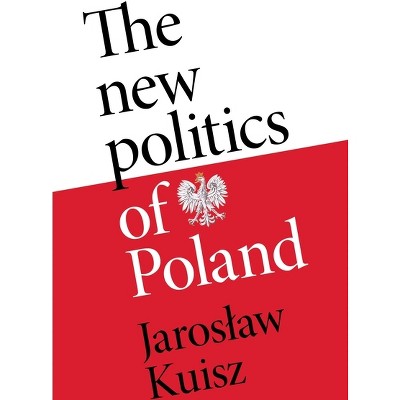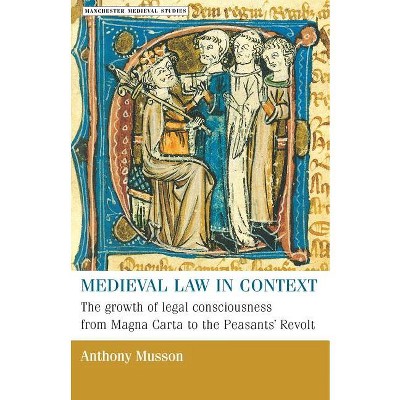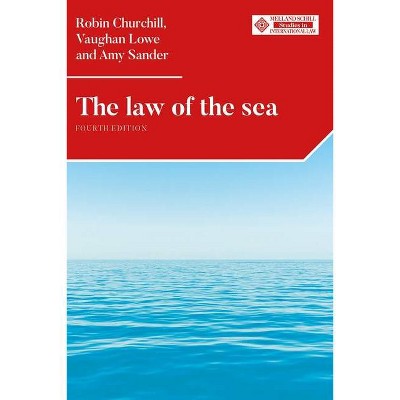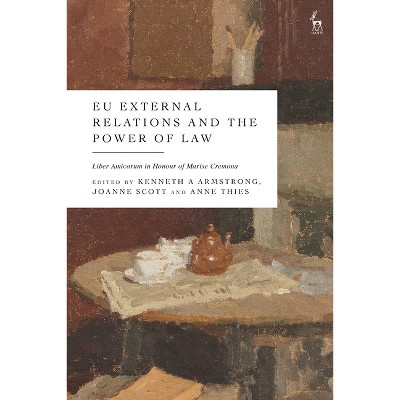About this item
Highlights
- The environment has traditionally been a marginal concern in international relations, but the climate crisis has highlighted the importance of the relationship between society and the natural world.
- About the Author: Joanne Yao is a Senior Lecturer in International Relations at Queen Mary, University of London
- 264 Pages
- Freedom + Security / Law Enforcement, Government
Description
About the Book
The ideal river offers a remarkable account of how historic attempts to establish international commissions on three transboundary rivers in the nineteenth century shaped our modern international order.Book Synopsis
The environment has traditionally been a marginal concern in international relations, but the climate crisis has highlighted the importance of the relationship between society and the natural world.
In The ideal river, Joanne Yao offers a remarkable account of how nineteenth-century efforts to tame nature shaped our modern international order. Examining historic attempts to establish international commissions on three transboundary rivers - the Rhine, the Danube and the Congo - she reveals how the Enlightenment ambition to master the natural world has informed our geographical imagination of the international. This idea of domination over nature shaped three concepts central to the emergence of early international order: the territorial sovereign state, imperial hierarchies and international organisations. As The ideal river shows, the relationship between society and nature is at the heart of international politics.From the Back Cover
Environmental politics has traditionally been a peripheral concern for international relations theory, but increasing alarm over global environmental challenges has elevated international society's relationship with the natural world into the theoretical limelight. IR theory's engagement with environmental politics, however, has largely focused on interstate cooperation in the late twentieth century, with less attention paid to how the eighteenth- and nineteenth-century quest to tame nature came to shape the modern international order.
The ideal river examines nineteenth-century efforts to establish international commissions on three transboundary rivers - the Rhine, the Danube, and the Congo. It charts how the Enlightenment ambition to tame the natural world, and human nature itself, became an international standard for rational and civilized authority and informed our geographical imagination of the international. This relationship of domination over nature shaped three core IR concepts central to the emergence of early international order: the territorial sovereign state; imperial hierarchies; and international organizations. The book contributes to environmental politics and international relations by highlighting how the relationship between society and nature is not a peripheral concern, but one at the heart of international politics.Review Quotes
Winner of the ISA 2024 Harold and Margaret Sprout Award
Winner of the BISA 2023 L.H.M. Ling Outstanding First Book Prize 2023 Sussex International Theory Book Prize (Honourable Mention) 'This is a brilliant book: erudite, thoughtful, beautifully written, richly analysed and theoretically sophisticated. It makes us look again at the way control of rivers - as nature, as resource, as colonial or territorial space - has shaped so many international doctrines, institutions and contestations.'Laleh Khalili, author of Sinews of War and Trade 'The book persuasively demonstrates how environmental politics can enrich our understanding of international organisations more generally.'
Stefan Döring, International Affairs
About the Author
Joanne Yao is a Senior Lecturer in International Relations at Queen Mary, University of London

